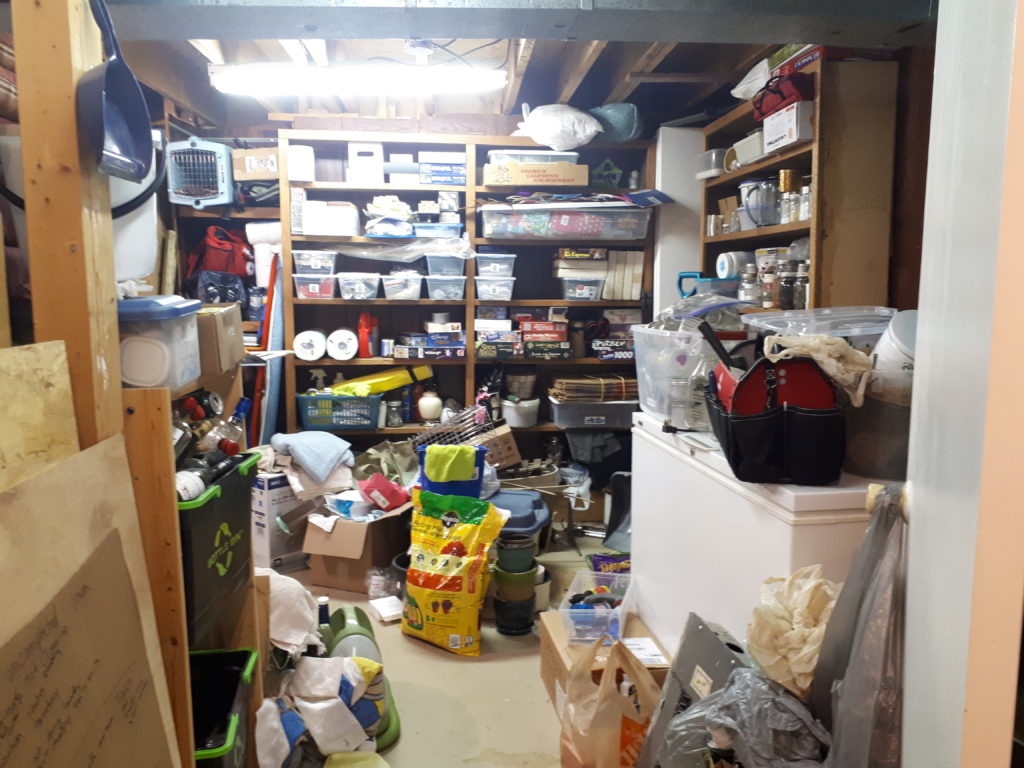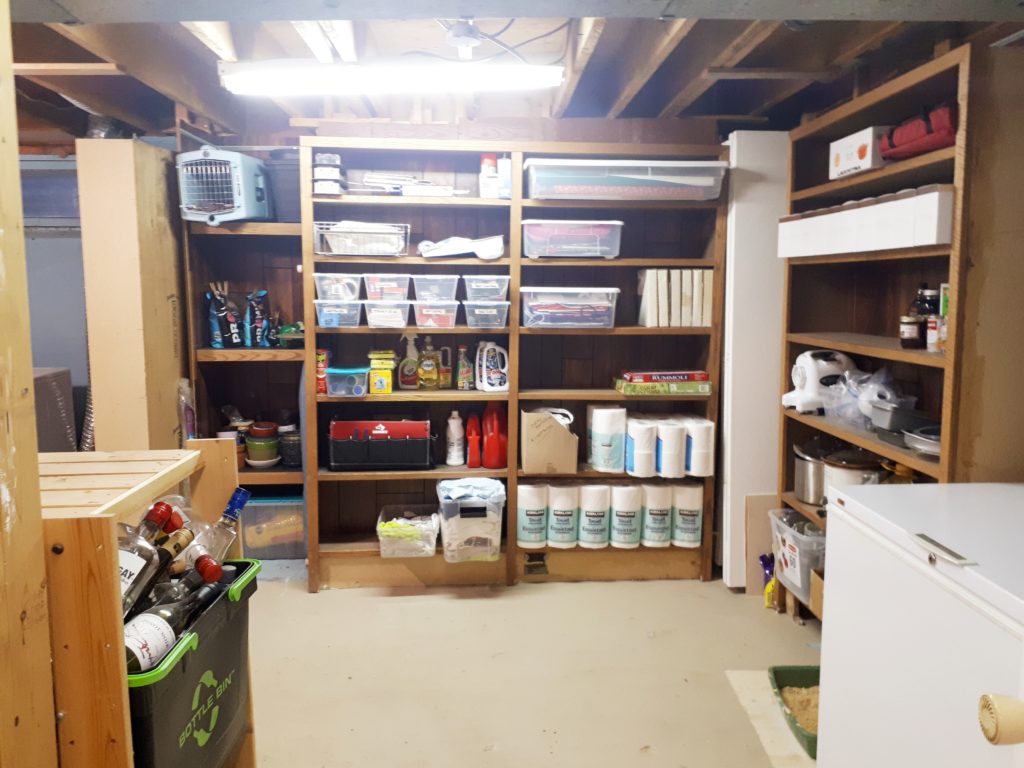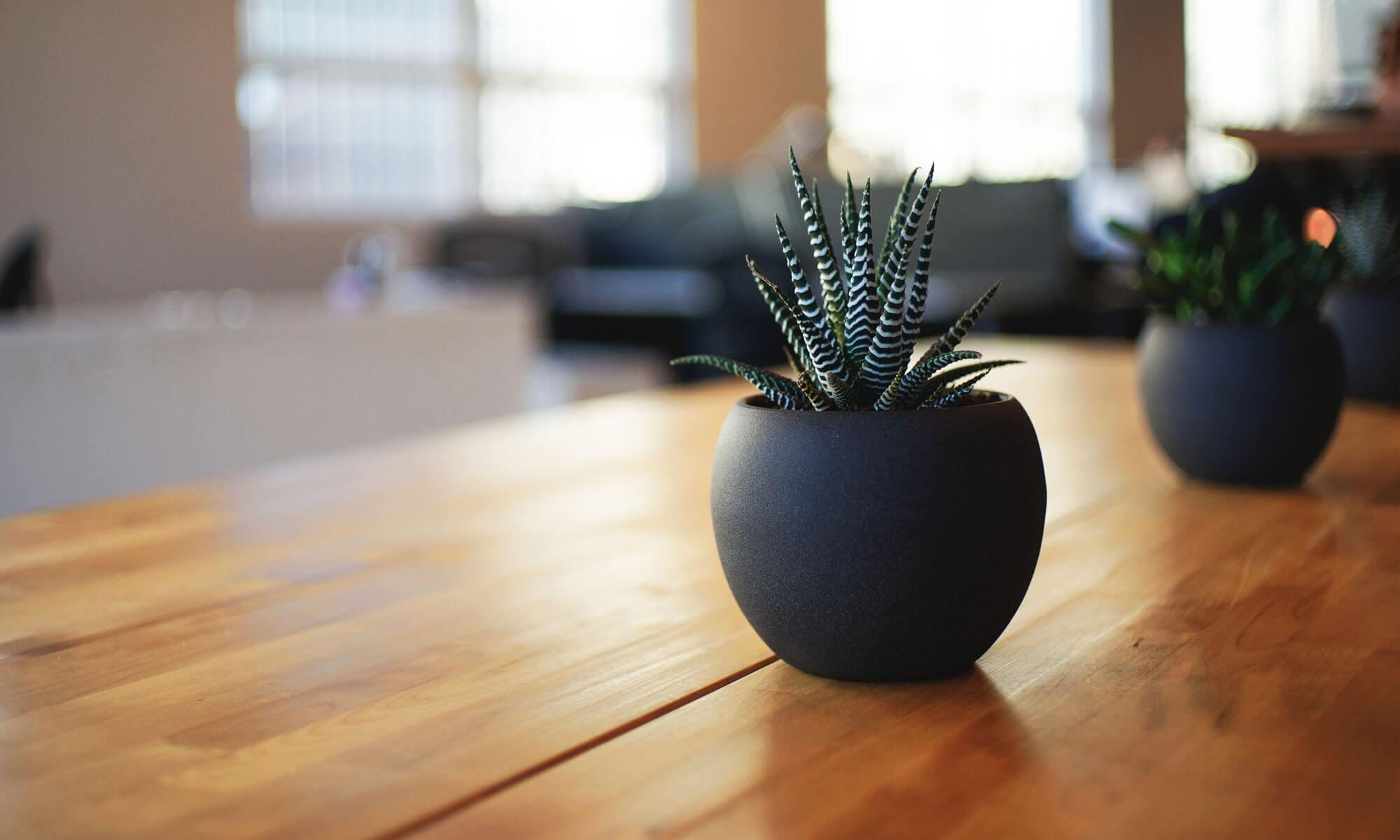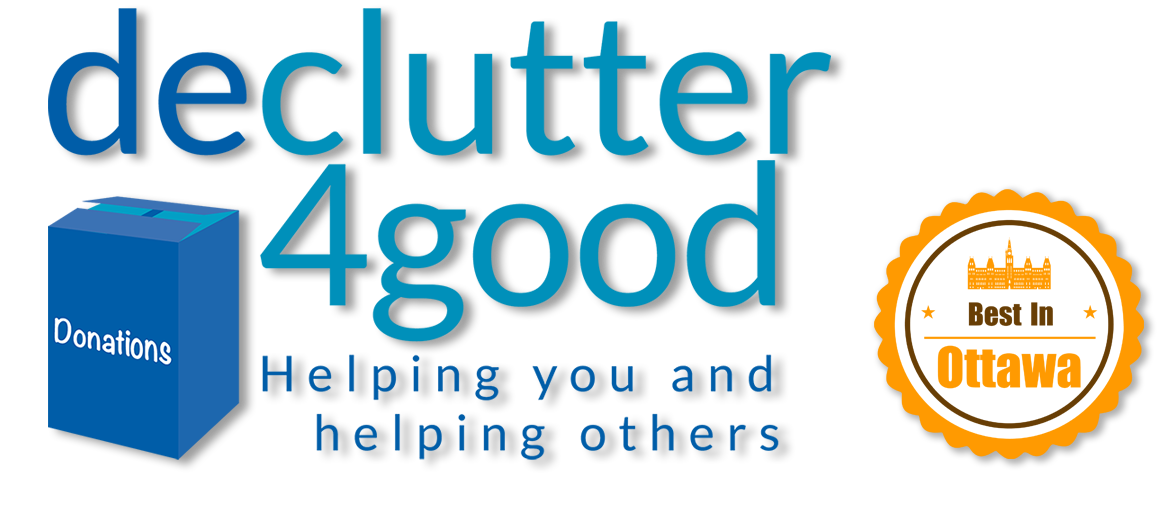Dear Martha,
Our basement is literally chockablock with stuff. We have multiple bins of baby clothes down there (and our “kids” no longer live here). We also have more suitcases than we’ll ever need, more tools than we’ll ever use and inherited china that has not entertained anyone since it arrived over a decade ago. I know we need to do something about our basement, but I am so overwhelmed. I have no idea where to start or even what to do with all the items we no longer want. Can you help?
– Overwhelmed
Dear Overwhelmed,
You are not alone. Basements are one of the key areas in a home where organization goes to die. It’s usually where we keep items we’re just not ready to part with, like baby clothes and other keepsakes. Problem is, items that are not seen regularly are forgotten – out of sight, out of mind. That’s complicated by inaccurate bin labelling and, in many cases, lack of any labelling, which leaves you with mystery bins.
The best approach is to open the bins and take stock of what’s inside. Commit to bringing up a few bins each Saturday and take a look through them while sipping your morning coffee. Not only will you have a wonderful walk down memory lane, but you may also realize you are now ready to pare down the baby clothes and other keepsakes. Keep only those items that evoke the strongest memories. As Ruth Soukup says in her book, Unstuffed – Decluttering Your Home, Mind and Soul, “if everything is special, then nothing is. Let go of the guilt.”
In addition to purging, reorganize the pared-down items more efficiently (i.e. maximum one keepsake bin for each family member) and label them accordingly. No need for any fancy labelling machines. Remember that simple organizing systems and solutions are always the best ones. A roll of masking tape and a Sharpie will serve you well.
For suitcases, I recommend the “Russian nesting doll approach.” Keep three suitcases per family member (preferably only for those currently living in your home). I recommend a large wheeled one, a small wheeled one and a medium sized day bag/backpack. Place the smaller luggage inside the larger luggage, like Russian dolls. If you no longer need some of your luggage, take a photo and measurements and put it on a Buy Nothing online group.
Regarding tools, I can almost guarantee you’ll save time and effort the next time you need a tool if you donate some that you never or rarely use. You will no longer be digging through a variety of screwdrivers just to find the one that you use 90 per cent of the time. By donating excess tools to an organization like Habitat For Humanity’s ReStore program, you’ll be giving them a useful second life.
As for inherited china, unpack it and use it. As Erma Bombeck wrote in her infamous 1979 “If I Had My Life To Live Over” column, use items that are important to you. “I would have burned the pink candle that was sculptured like a rose before it melted while being stored,” she wrote. Take a good look at all your “good china” and ask if it evokes positive memories. If so, why not use this china as your everyday tableware? Or keep a couple of key items, like a sugar and cream set, and donate the rest to local refugee committees who help set up homes for new arrivals in Canada.
Whatever your clutter, the key is always no waste. No wasted time looking for items, no wasted rooms taken up by unused items, no wasted items in landfills and no wasted days. Just being alive is cause for celebration and thanks. Use the good china and celebrate every day that ends in ‘y’.



